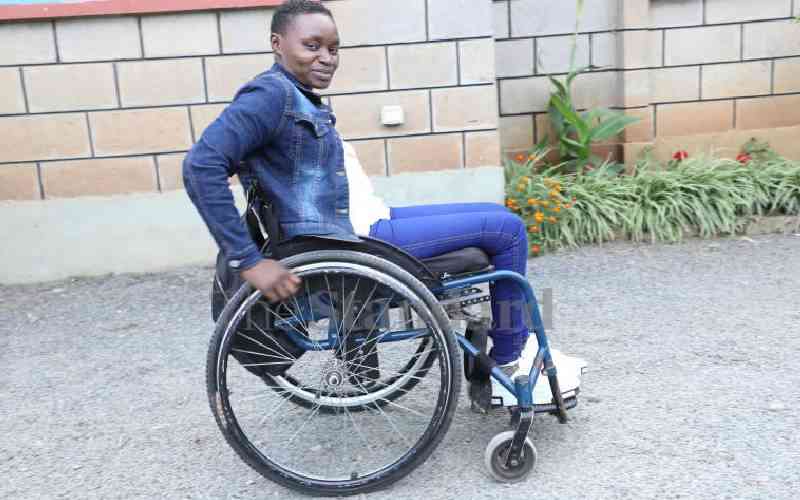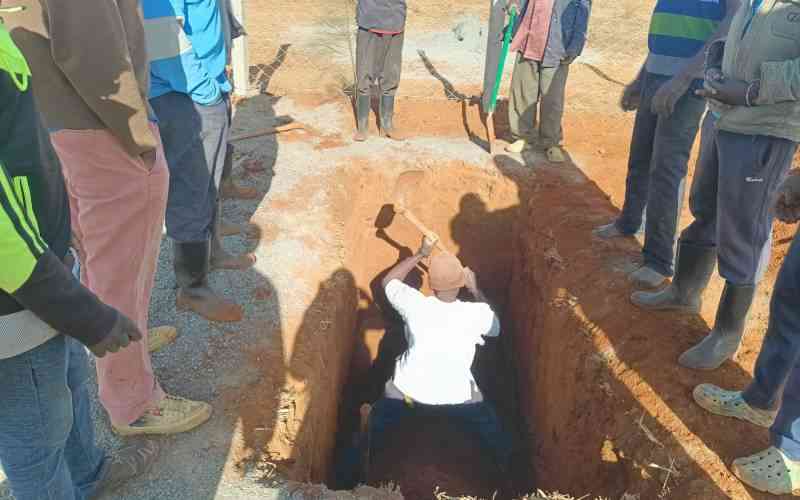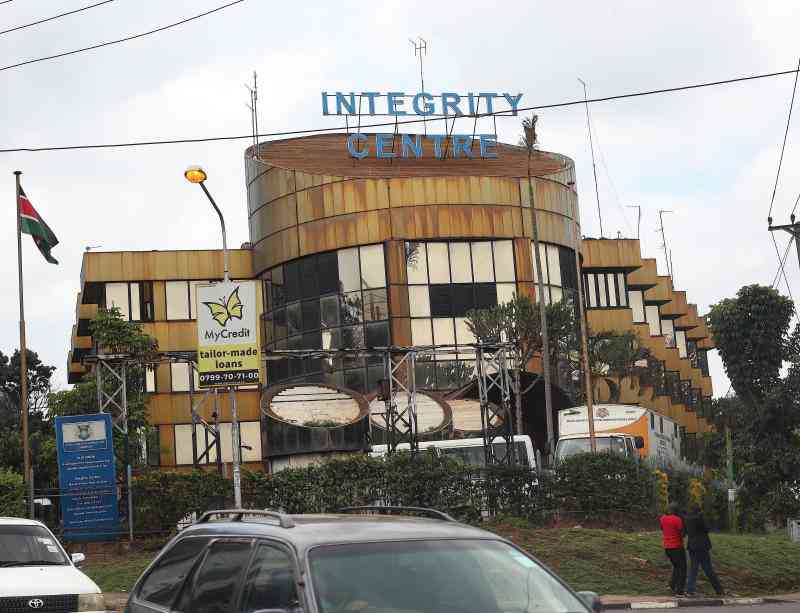The stage is finally set for the amendment of the laws governing Kenya‘s elections.
A week ago, the Independent Electoral and Boundaries Commission (IEBC) presented its proposals to the National Assembly Legal Affairs Committee and the National Gender and Equality Commission (NGEC) during a three-day workshop in Mombasa.
IEBC wants sections of the law changed to enhance clarity and to address the gaps identified in the March 4, 2013 General Election.
The amendments touch on educational requirements for candidates, dispute resolution mechanisms, electoral offences, electoral technology, voter registration, referendum process and voting by Kenyans in the diaspora.
IEBC chairman Issack Hassan had immediately after the 2013 polls proposed that presidential and National Assembly elections be held separately from those of senators, governors and county assemblies.
Mr Hassan said the commission now “understands which laws were facilitative and which ones made work difficult”.
The 27-member Legal Affairs Committee, which is largely composed of MPs with backgrounds in law, is expected to lobby Parliament to make amendments to the electoral law.
The Kenya Law Reform Commission (KLRC) will play a critical role in the drafting of the Bill while the IEBC engages other stakeholders, such as the media, political parties and civil society, on the proposed changes.
The Mombasa meeting, which was sponsored by the United National Development Programme (UNDP) and the Electoral Institute for Sustainable Democracy (EISA), also held a special session to deliberate on the two-third gender threshold in elective institutions.
To comply with a directive from the Supreme Court, Parliament is required to develop a legislative framework that will ensure women in Parliament meet the legal threshold in which one gender does not hold more than two thirds of the seats. This should happen by August.
Currently, women constitute 25 per cent of elected representatives, up from 9.9 per cent in 2007. In the public service, out of the 18 ministerial portfolios, women comprise 33.3 per cent of Cabinet appointees, with six slots from the 19 currently appointed.
But even as the IEBC met the parliamentary committee to deliberate on the electoral laws, the Coalition for Reforms and Democracy (CORD), through its Okoa-Kenya referendum initiative, said it was also working on proposals to separate presidential elections from parliamentary and county elections. The support of the opposition will therefore boost the chances of the amendments sailing through the legislative process.
But Okoa Kenya head Paul Mwangi (right) said his team wants the changes subjected to a referendum.
“Okoa-Kenya remains focused on the issues identified to be part of the referendum Bill,” he said.
CORD wants the electoral commission to be composed of seven commissioners chosen by political parties in order of their numerical strength in Parliament. Currently, IEBC has nine full-time commissioners and a fully-fledged secretariat.
Stay informed. Subscribe to our newsletter
The Okoa Kenya Bill further proposes that Returning Officers (ROs) publish results of the presidential elections at the constituency level without making reference to IEBC‘s national tallying centre in Nairobi.
Results published at the constituencies, the Bill proposes, will be deemed to be final and unalterable by any other forces.
 The Standard Group Plc is a
multi-media organization with investments in media platforms spanning newspaper
print operations, television, radio broadcasting, digital and online services. The
Standard Group is recognized as a leading multi-media house in Kenya with a key
influence in matters of national and international interest.
The Standard Group Plc is a
multi-media organization with investments in media platforms spanning newspaper
print operations, television, radio broadcasting, digital and online services. The
Standard Group is recognized as a leading multi-media house in Kenya with a key
influence in matters of national and international interest.
 The Standard Group Plc is a
multi-media organization with investments in media platforms spanning newspaper
print operations, television, radio broadcasting, digital and online services. The
Standard Group is recognized as a leading multi-media house in Kenya with a key
influence in matters of national and international interest.
The Standard Group Plc is a
multi-media organization with investments in media platforms spanning newspaper
print operations, television, radio broadcasting, digital and online services. The
Standard Group is recognized as a leading multi-media house in Kenya with a key
influence in matters of national and international interest.









